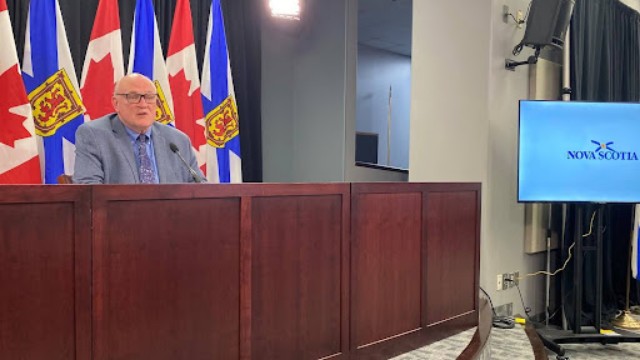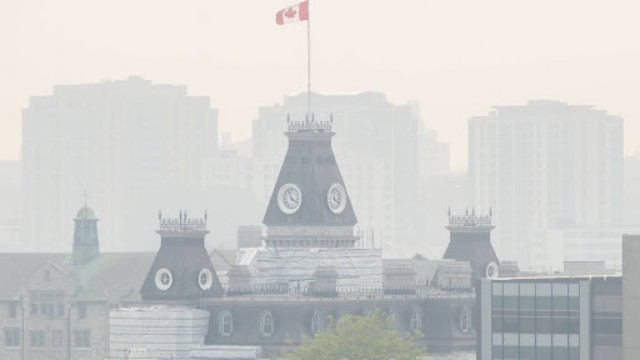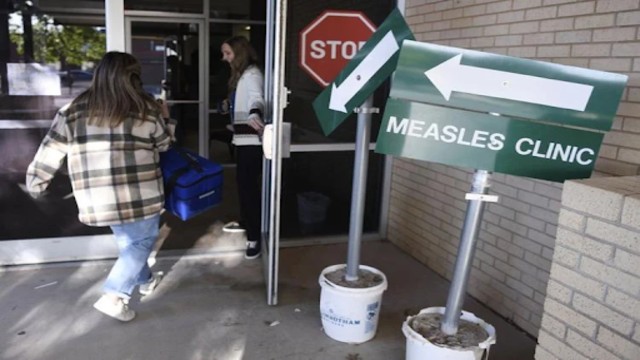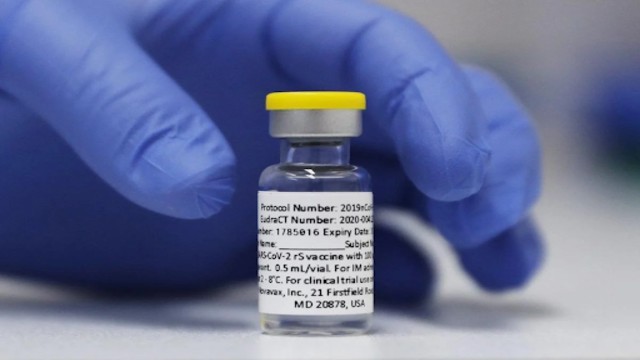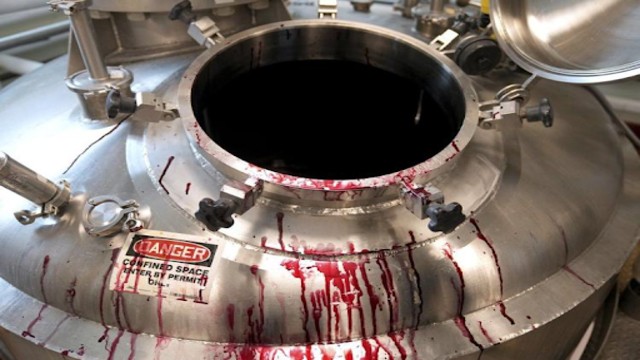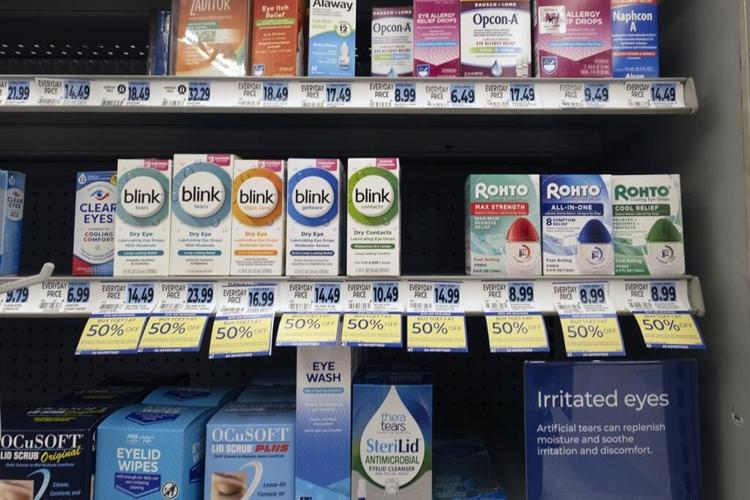
Eye drops lined in shelf at a pharmacy in Los Angeles, Dec 12, 2023. (AP Photo/Richard Vogel)
When purchasing eyedrops in the United States, consumers might assume the products originate from clean, well-regulated factories that meet health standards. However, recent recalls of over-the-counter eyedrops are shedding light on the limited knowledge U.S. officials have about manufacturing conditions abroad, prompting the Food and Drug Administration (FDA) to seek enhanced powers from Congress. The FDA is requesting authority to mandate drug recalls and enforce inspections on eyedrop manufacturers before shipping products to the U.S.
The FDA's move is a response to challenges in overseeing foreign manufacturing plants, especially during the COVID-19 pandemic, which forced regulators to skip thousands of inspections. Despite seeking additional powers, experts argue that more staff and resources for foreign inspections are crucial for effective oversight.
David Ridley, a researcher at Duke University, emphasizes the FDA's inadequacy in foreign drug quality assurance inspections, with very few inspections conducted in the past four years. In 2022, FDA foreign inspections declined by 79% compared to 2019, indicating a significant decrease in oversight. While inspections have increased this year, they remain below pre-pandemic levels.
The FDA's spokesperson, Jeremy Kahn, stated that the FDA works to inspect as many facilities as possible, but ultimately, the industry is responsible for product quality. A notable incident in October involved the recall of two dozen eyedrop brands after FDA staff discovered unsanitary conditions, including cracked floors and barefoot workers, at a Mumbai plant supplying major retailers like CVS and Walmart. This inspection was prompted by an earlier recall from a different Indian plant, previously uninspected, linked to fatalities and vision loss.
Experts highlight potential changes to improve oversight, including:
Earlier Inspections:
Prescription medicines undergo FDA review and inspections before entering the market. However, over-the-counter products like eyedrops rely on a different system, lacking preliminary review or inspections. Experts suggest the FDA should have the power to require a six-month notice before shipping from a new factory, allowing time for inspections.
Requiring Recalls:
The FDA lacks the authority to mandate drug recalls and must rely on voluntary actions by companies. To address this, the FDA is seeking the power for mandatory recalls of drugs, aligning with its authority for other product categories.
Funding Foreign Inspectors:
With drug manufacturing moving to lower-cost countries like India and China, the FDA's oversight faces challenges. The FDA's recruitment and retention of overseas inspectors are problematic, and experts argue that Congress should address staffing issues and hold the FDA accountable.
While the FDA's proposed enhancements aim to bolster oversight and consumer safety, experts stress the need for additional resources and staffing to effectively implement these measures and address challenges in the global supply chain.




